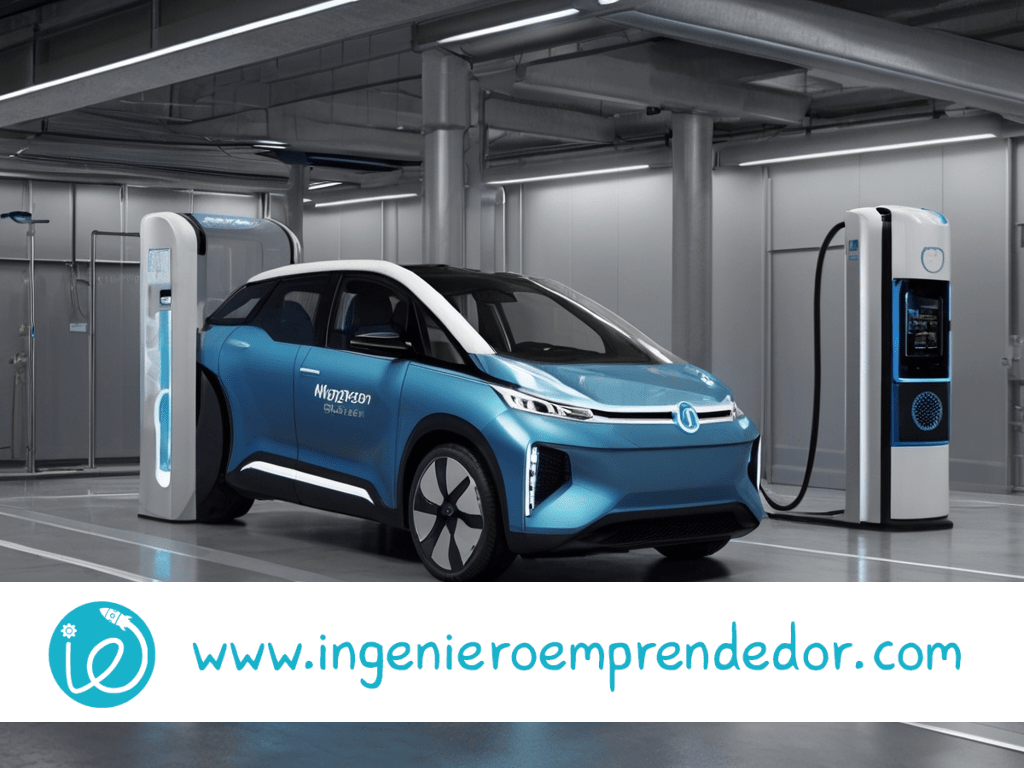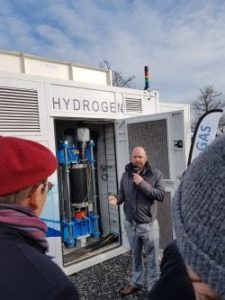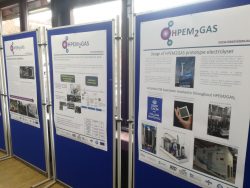Exploring the Benefits of Installing Hydrogen in Your Vehicle

Introduction:
I am Juan Antonio Roldán, a passionate advocate for hydrogen and its potential to revolutionize transportation. Today, we’ll tackle a crucial question: Is it a good idea to install hydrogen in a conventional car? The answer isn’t as simple as a yes or no.
As an expert in hydrogen, I’m excited to delve into the aspects of this revolutionary fuel and how it can transform the way we think about mobility. This time, I’d like to address a question that many people have: How beneficial is it to install hydrogen in your car? Prepare your mind for a journey full of discoveries and possibilities.
Exploring the Possibilities:
The idea of converting your current car into a hydrogen-powered vehicle is appealing. Let’s imagine a future with no polluting emissions, with only water as a residue. However, the current reality presents some challenges.
Technical Obstacles:
Internal combustion engines are not designed to run on hydrogen. Adapting them requires significant modifications, such as:
Hydrogen Injection: A safe and efficient system is needed to introduce hydrogen into the engine.
Mix Adjustment: The air-fuel ratio must be adjusted for proper hydrogen combustion.
Resilient Materials: Engine components may need special materials to withstand hydrogen’s properties.
Emerging Infrastructure:
The infrastructure for refueling hydrogen is still under development. Finding refueling stations can be difficult, especially outside major cities.
Questionable Efficiency:
The efficiency of converting hydrogen into mechanical energy in an internal combustion engine is lower than that of other technologies, such as fuel cells.
High Costs:
The process of adapting a conventional car to hydrogen is complex and expensive, making it impractical for most users.
Beyond Combustion:
While hydrogen combustion in an internal combustion engine presents challenges, there are other options. Fuel cell vehicles, which convert hydrogen into electricity to power an electric motor, are a more efficient and cleaner alternative.
However, it’s important to address the challenges and considerations associated with installing hydrogen in a car:
Limited Infrastructure: Although the hydrogen station network is growing, it is still limited compared to conventional fueling stations. This may limit the accessibility and convenience of hydrogen vehicles for some drivers.
High Initial Cost: Hydrogen vehicles tend to have a higher initial price compared to gasoline or electric vehicles. While costs are decreasing over time, they can still represent a barrier to widespread adoption.
Safe Production and Storage: Safe production and storage of hydrogen are critical considerations due to its highly flammable nature. Additional safety measures are required to ensure its safe handling and transportation.
Is the Investment Worth It?
At this time, installing hydrogen in a conventional car is not a practical option for most people. However, hydrogen technology is evolving rapidly. As more efficient solutions are developed and infrastructure expands, the landscape could change.
Recommendations:
Stay Informed: Follow research and advances in hydrogen vehicle technologies.
Evaluate Your Needs: Consider if investing in a hydrogen vehicle fits your budget and mobility needs.
Support Development: Pressure governments and companies to invest in the research and development of hydrogen technologies.
Benefits of Installing Hydrogen in Your Car:
Emissions Reduction: One of the greatest advantages of using hydrogen as a fuel is its ability to produce energy without generating harmful emissions. When hydrogen is combined with oxygen in a fuel cell, the only byproduct is water, significantly contributing to reducing air pollution.
Higher Energy Efficiency: Unlike traditional internal combustion engines, which operate with limited efficiency, hydrogen vehicles can convert the chemical energy of hydrogen into electrical energy much more efficiently. This translates into better performance and fuel economy.
Range and Refueling Time: Hydrogen vehicles offer comparable range to gasoline and diesel vehicles, with significantly shorter refueling times compared to battery electric vehicles. This makes them more practical for long trips and reduces range anxiety.
Versatility and Adaptability: Hydrogen can be produced from a variety of sources, including renewable energy, making it a versatile and adaptable option for the future of sustainable mobility. Additionally, its storage and distribution are less restrictive compared to other alternative energy options.
Conclusion:
Hydrogen has great potential to decarbonize transportation. However, converting a conventional car to hydrogen is not the ideal solution at this time. It’s important to continue researching and innovating so that hydrogen becomes a viable reality for a more sustainable future.
Remember:
Hydrogen technology is in development.
Investing in a hydrogen vehicle can be expensive.
Refueling options are limited.
Keep an open mind and bet on a greener future!

























